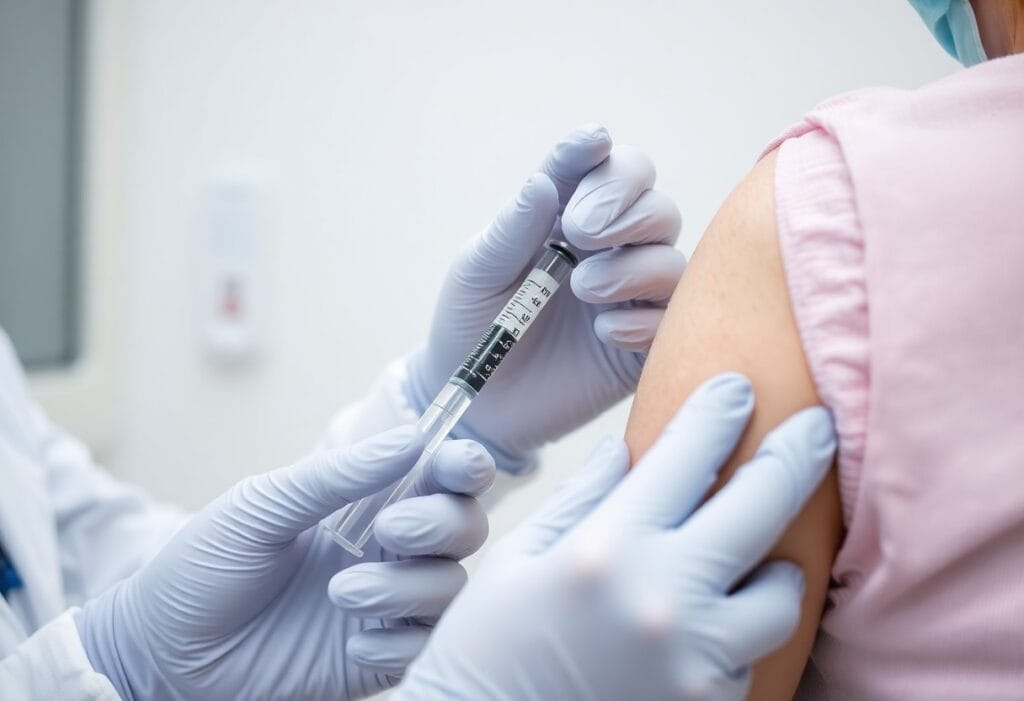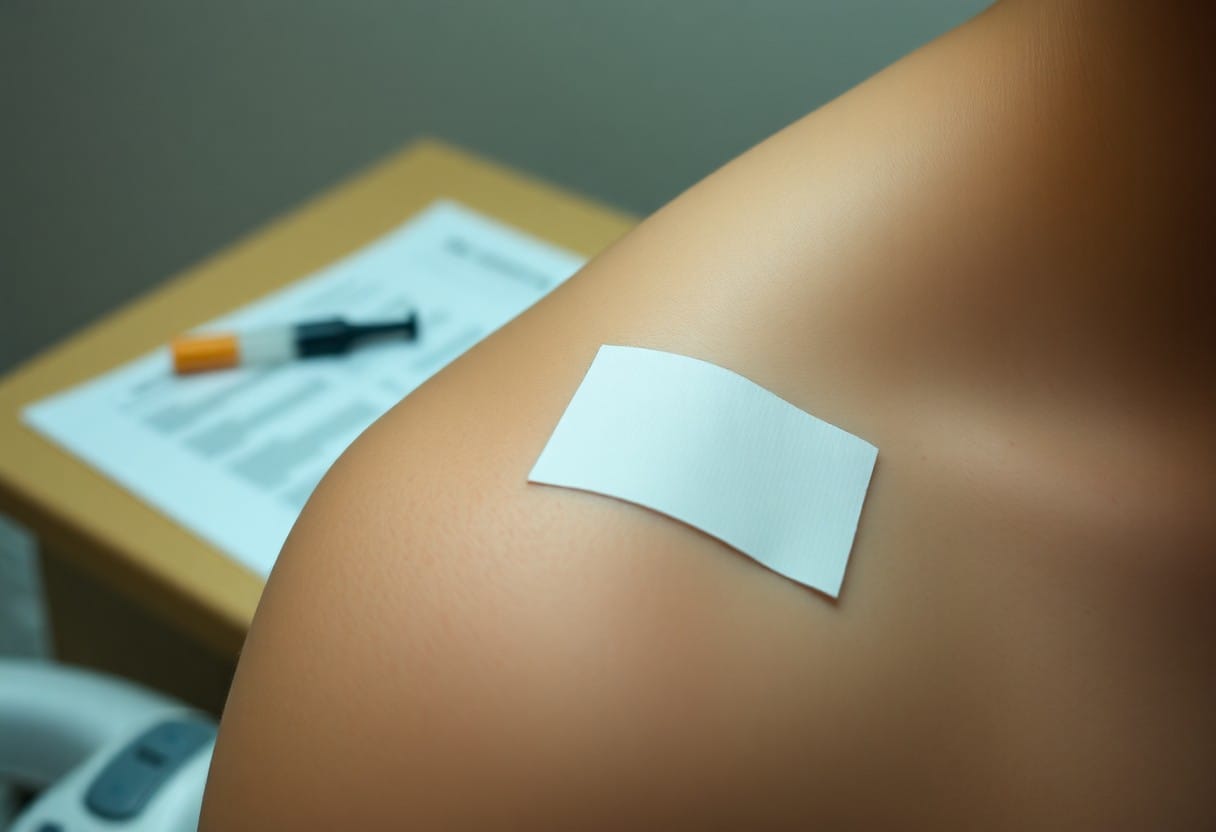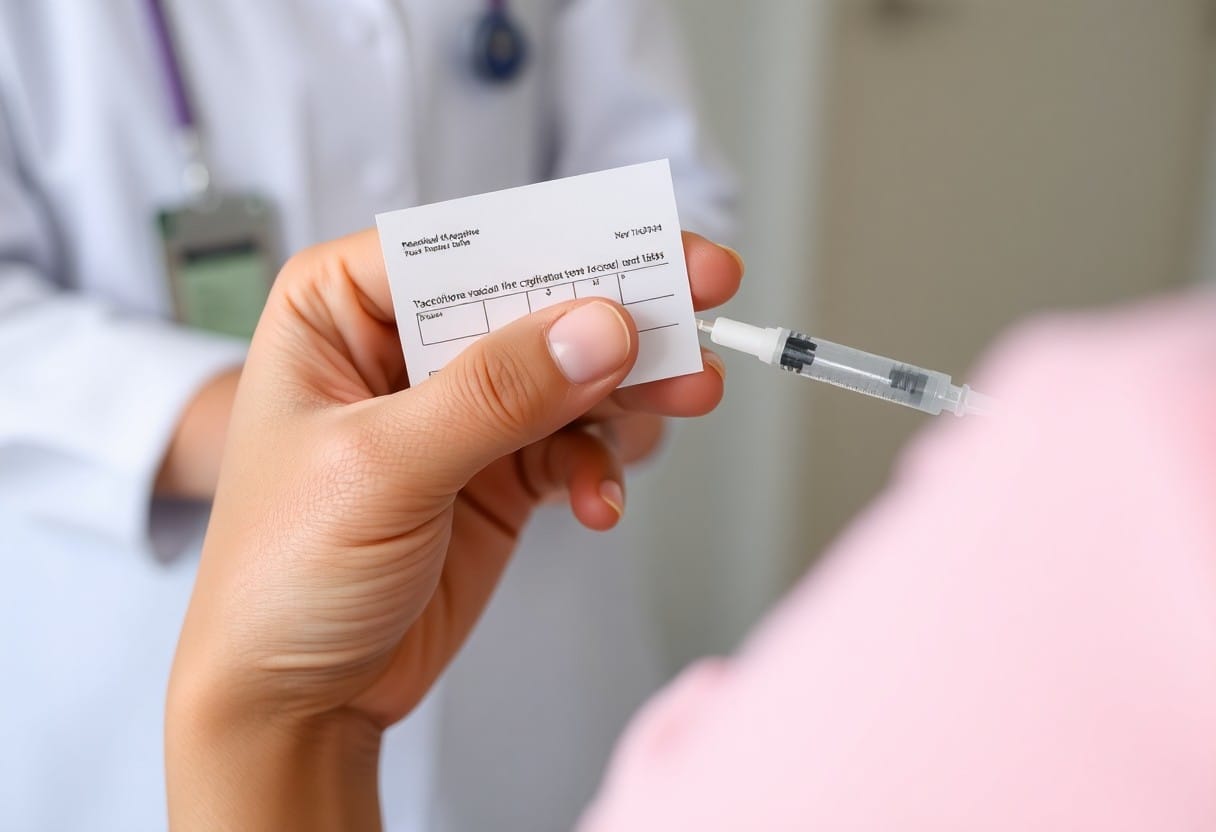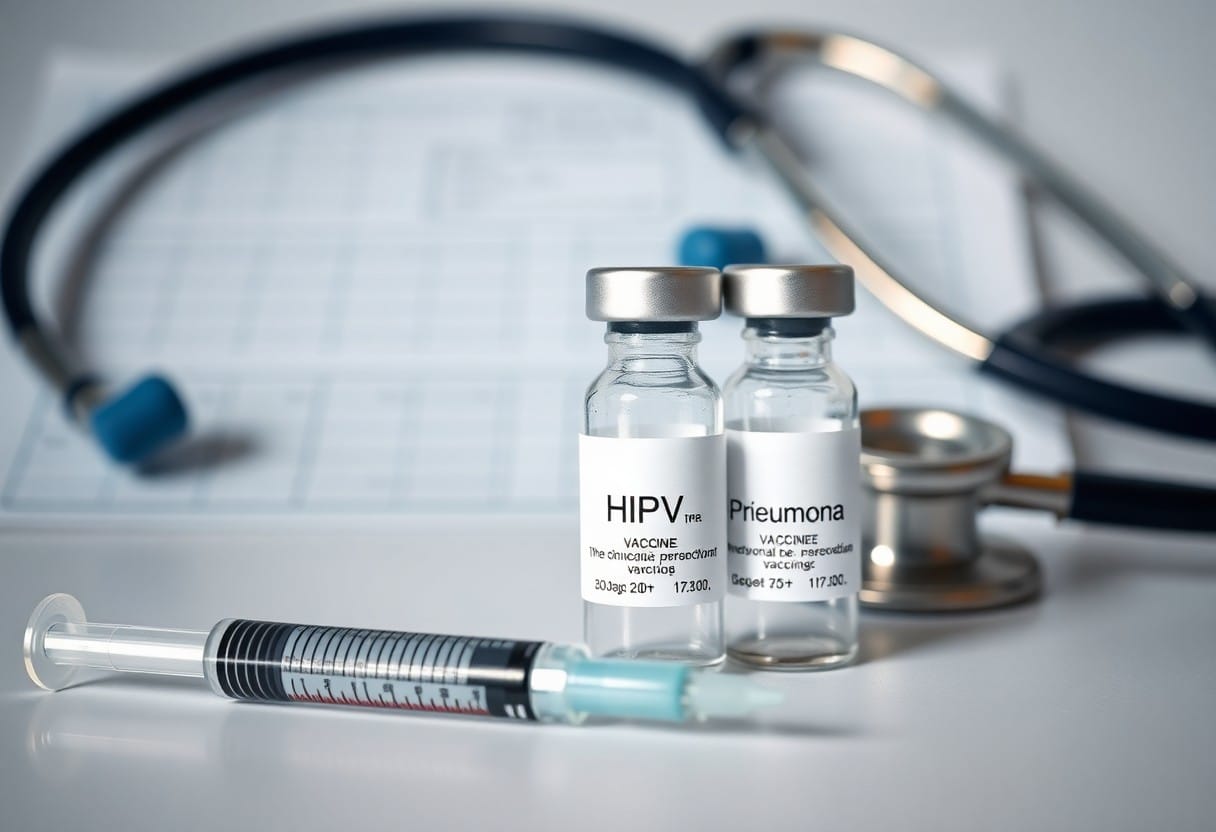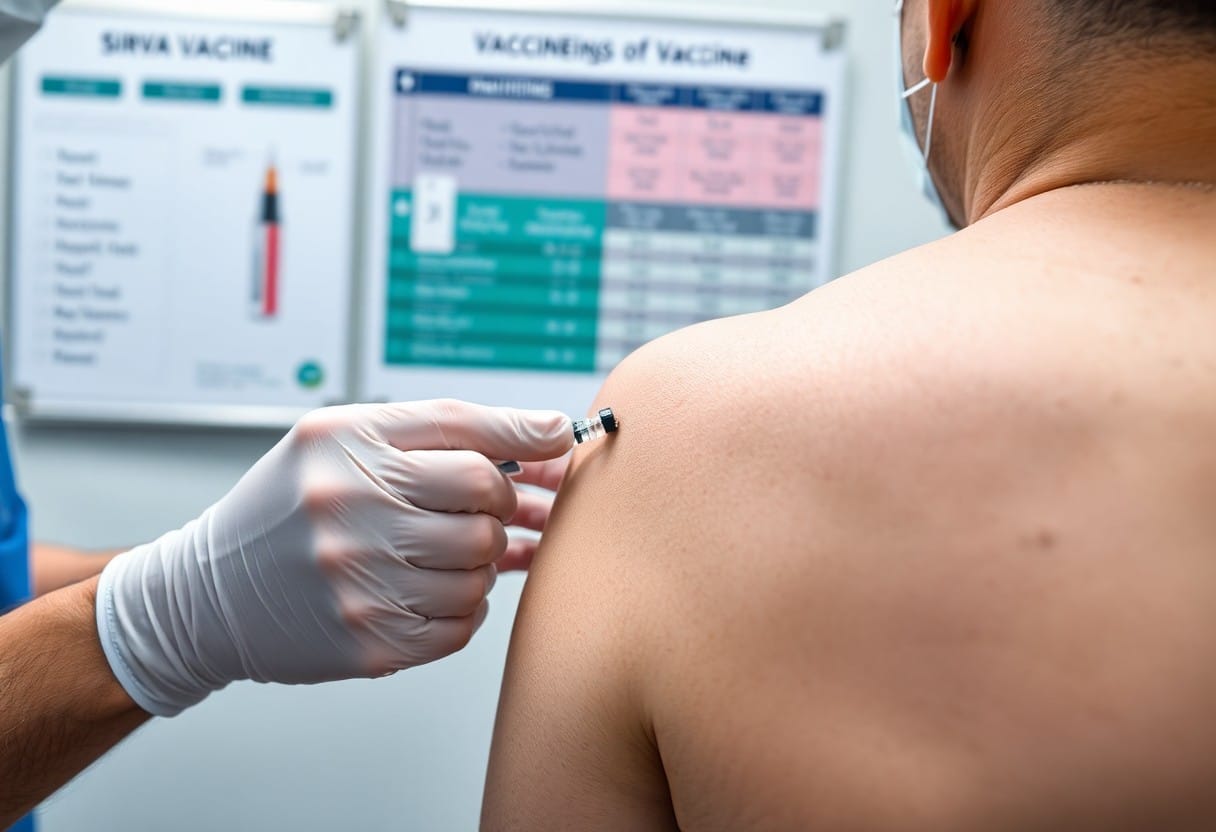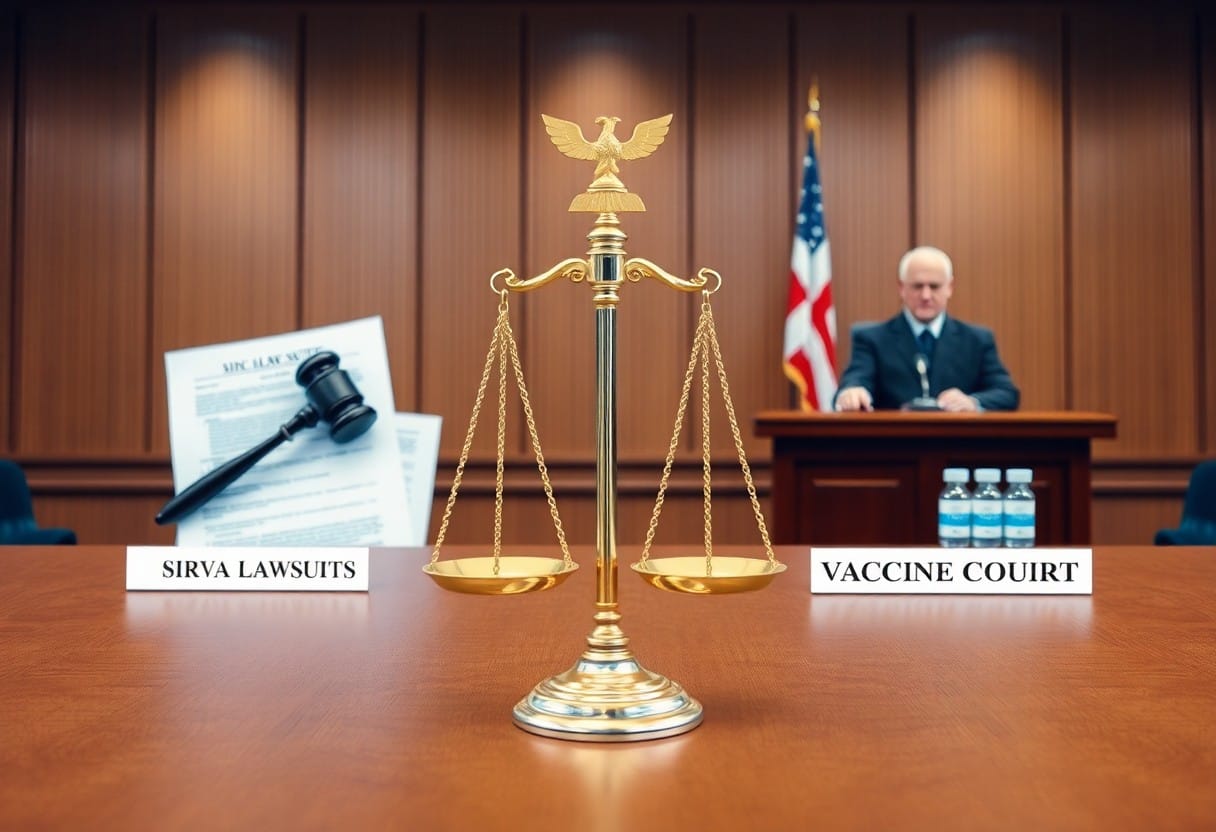There’s a surprising risk associated with receiving vaccines or shots – it’s known as SIRVA, or Syringe-Related Shoulder Injury. If you’ve ever experienced unexpected pain or limitations in your shoulder following an injection, understanding SIRVA may be crucial for you. This condition can lead to long-lasting discomfort and can significantly affect your quality of life. In this post, you will learn how these injuries occur, the symptoms to watch for, and the important steps you can take for recovery.
Understanding SIRVA
Your understanding of SIRVA, or Shoulder Injury Related to Vaccine Administration, is important in recognizing its potential impact on everyday life. This condition arises from improper vaccine administration, typically through the shoulder, leading to pain and functional limitations. Awareness of SIRVA is vital for patients and healthcare providers alike to ensure proper practices and improve outcomes.
Definition of SIRVA
Before diving deeper, it’s important to clarify that SIRVA occurs when a vaccine is injected too high in the shoulder, causing inflammation or injury to the shoulder joint and surrounding tissues. This condition is often underdiagnosed and can result in prolonged discomfort and complications.
Symptoms and Diagnosis
Symptoms of SIRVA generally manifest as pain, weakness, and limited range of motion in the affected shoulder, often beginning within a few days after the vaccination. In diagnosing SIRVA, it’s crucial for healthcare professionals to review your vaccination history, observe physical symptoms, and conduct appropriate imaging studies if necessary.
But understanding and identifying the symptoms early can significantly influence your recovery journey. Pain and restricted movement are common indicators, and if you experience symptoms shortly after receiving a vaccine, you should seek medical attention promptly. Healthcare providers may diagnose SIRVA through clinical evaluation and imaging tests, ensuring you receive the correct treatment to help mitigate long-term effects.
Causes of SIRVA
Even a routine vaccination can lead to significant complications, including SIRVA, or Shoulder Injury Related to Vaccine Administration. This condition typically arises from improper injection techniques, leading to damage in the shoulder region. Understanding the underlying causes is vital for anyone considering vaccinations and wanting to avoid potential long-term effects.
Vaccination Techniques
Across various medical practices, the technique used during vaccination is paramount. When an injection is administered incorrectly, such as into the deltoid muscle instead of the appropriate location, it can result in injury. Ensuring that the healthcare provider is knowledgeable and skilled in proper vaccination techniques is important for your safety.
Patient Sensitivity
For individuals who may have heightened sensitivity or pre-existing conditions, the risk of SIRVA can increase. Factors such as muscle tightness, previous shoulder injuries, or specific anatomical variations could make you more susceptible to complications post-vaccination.
At times, your unique body’s response to vaccinations can amplify the likelihood of experiencing SIRVA. Conditions like shoulder instability or a history of shoulder pain may place you at a higher risk when receiving an injection. It’s important to communicate any prior shoulder issues to your healthcare provider to tailor the vaccination approach accordingly, ultimately ensuring that your health and recovery are prioritized.
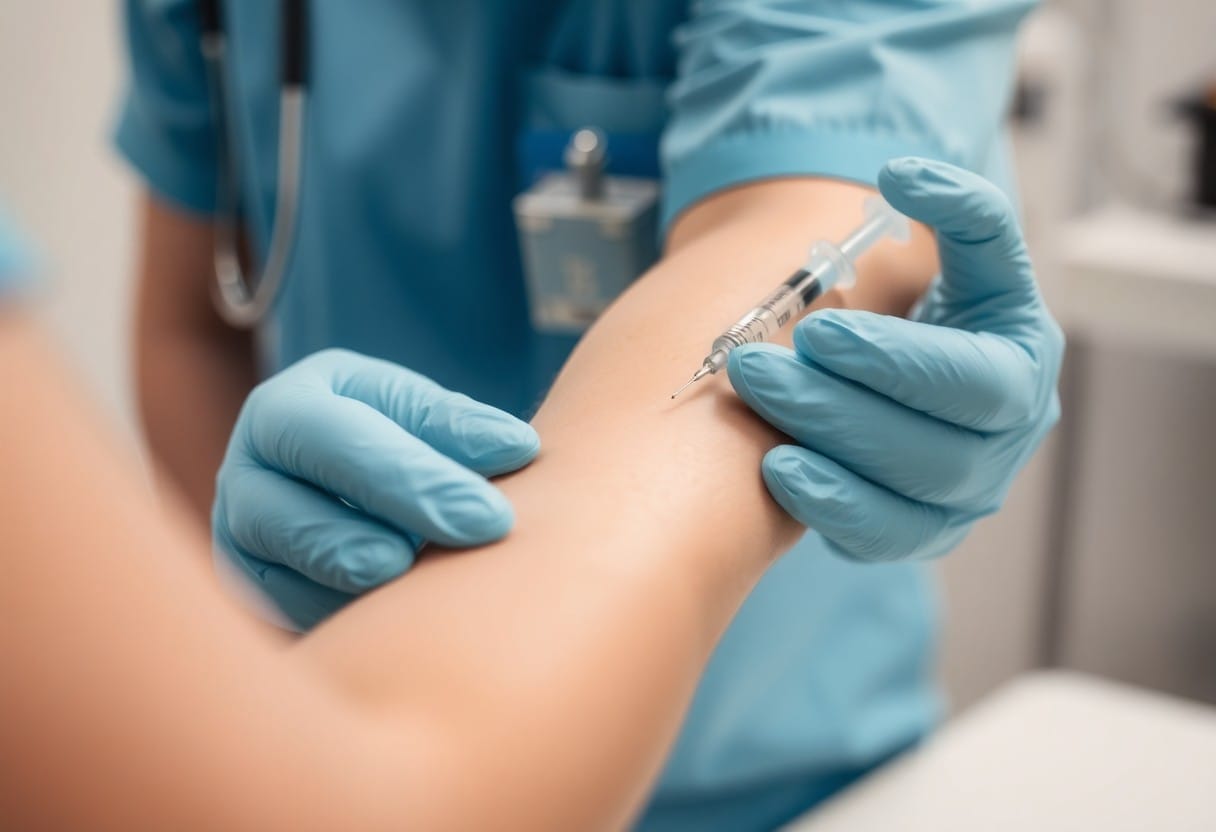
Risk Factors
Any injection carries certain risk factors that can increase your likelihood of experiencing a SIRVA injury. These include:
- Untrained or inexperienced healthcare provider
- Improper injection technique
- Prior shoulder injuries
- Existing medical conditions affecting the shoulder
- Inappropriate needle size for your body type
Knowing these risk factors can empower you to make informed decisions about your healthcare.
Anatomical Considerations
After assessing your shoulder anatomy, it becomes apparent how muscle, tendon, and bursa interactions can play a significant role in the development of SIRVA. The shoulder’s complex structure can be impacted by the placement of an injection, leading to adverse effects that may alter your everyday activities.
Injection Site Selection
Before receiving an injection, understanding the importance of proper injection site selection is vital to your overall safety. Selecting the correct site can minimize adverse effects and significantly lower your risk of developing SIRVA.
Plus, ensuring that the injection is administered in the appropriate location—such as the deltoid muscle—can help prevent complications. It’s vital to discuss with your healthcare provider the specific site they plan to use and to be cautious of injections too close to bony structures. The risks associated with improper site selection can lead to ongoing pain or long-term mobility issues. Taking a proactive approach may enhance your experience and reduce the chances of negative outcomes.
Impact on Daily Life
Not only can SIRVA injuries affect your physical capabilities, but they can also ripple through various aspects of your daily life. Routine tasks that once seemed effortless may become burdensome, and this shift can influence your overall quality of life. The pain and discomfort can lead to decreased productivity and hinder your engagement in social activities, ultimately impacting your relationships with family and friends.
Physical Limitations
With a SIRVA injury, you may experience significant physical limitations, making everyday activities challenging. Simple tasks like reaching for items overhead or lifting objects can become painful, restricting your mobility and forcing you to adapt your lifestyle. These changes can affect your professional responsibilities and personal hobbies, leaving you feeling frustrated and limited.
Emotional and Mental Health
Above all, the emotional and mental health challenges that accompany SIRVA injuries can be profound. Experiencing chronic pain can lead to feelings of isolation, anxiety, or depression. You might find it increasingly difficult to cope with your situation, as the limitations of your physical capabilities weigh heavily on your mind.
Daily struggles with pain can take a serious toll on your emotional well-being. The frustration of adapting to a new reality may lead to feelings of hopelessness or depression. It’s important to acknowledge these emotions and seek support, whether through loved ones or mental health professionals. Building a strong support network can be a vital step in managing the psychological effects of SIRVA injuries and promoting your overall well-being.
Treatment Options
Despite the complexities of SIRVA injuries, various treatment options are available to help you regain your quality of life. A tailored approach often leads to the best outcomes, combining medical interventions, physical therapy, and lifestyle modifications to address your specific situation and promote healing.
Medical Interventions
Interventions may include medications such as anti-inflammatory drugs or steroids to reduce pain and inflammation. In some cases, your healthcare provider may recommend joint injections to target specific areas of discomfort. Staying informed about these options will empower you to make decisions that align with your recovery goals.
Physical Therapy
To help you regain strength and mobility, working with a physical therapist is often recommended. They will design a personalized program addressing your needs and progress.
For instance, your physical therapist may employ manual therapy techniques that focus on mobilizing your shoulder joints, alongside stretching and strengthening exercises aimed at stabilizing the area. These tailored activities will mitigate pain, promote healing, and improve your overall function. Consistency in your therapy will enable you to gradually return to your daily activities with greater confidence and mobility, ultimately enhancing your quality of life.
Prevention Strategies
Unlike many medical conditions, SIRVA injuries can often be prevented with mindful practices during vaccination. It’s important for you to ensure proper vaccination techniques are followed, including the correct injection site and adequate positioning. Engaging with your healthcare provider about any concerns you have before receiving a vaccine can further enhance your safety during the process.
Best Practices for Vaccination
Between selecting a qualified healthcare professional and ensuring the injection is administered correctly, being proactive can mitigate potential risks associated with vaccinations. Make sure the area of skin is clean and the needle is inserted at the proper angle to avoid injury. Discuss any previous vaccine reactions with your provider to tailor a preventive approach.
Patient Education
With adequate knowledge and understanding of the vaccination process, you can empower yourself against SIRVA injuries. Familiarizing yourself with the potential risks and benefits ensures you are prepared and can contribute to a safer vaccination experience.
In fact, educating yourself on SIRVA injuries and their causes can significantly impact your health journey. Recognizing that SIRVA is typically caused by improperly administered injections allows you to ask informed questions and advocate for your own safety. Being prepared with information about the correct vaccination techniques can lead to better outcomes and a more confident approach to your healthcare decisions. This proactive stance enhances your overall wellness and minimizes the risk of complications from vaccinations.
Conclusion
Upon reflecting on SIRVA injuries, it becomes clear that even a seemingly simple vaccination can lead to significant and lasting effects on your life. Understanding the mechanics behind these injuries empowers you to recognize the symptoms early and seek appropriate medical care. Your awareness can help you advocate for better treatment options and recovery strategies. Staying informed about SIRVA not only protects your health but also enables you to support others who may face similar challenges. Knowledge truly is power in navigating the complexities of such unexpected health issues.


